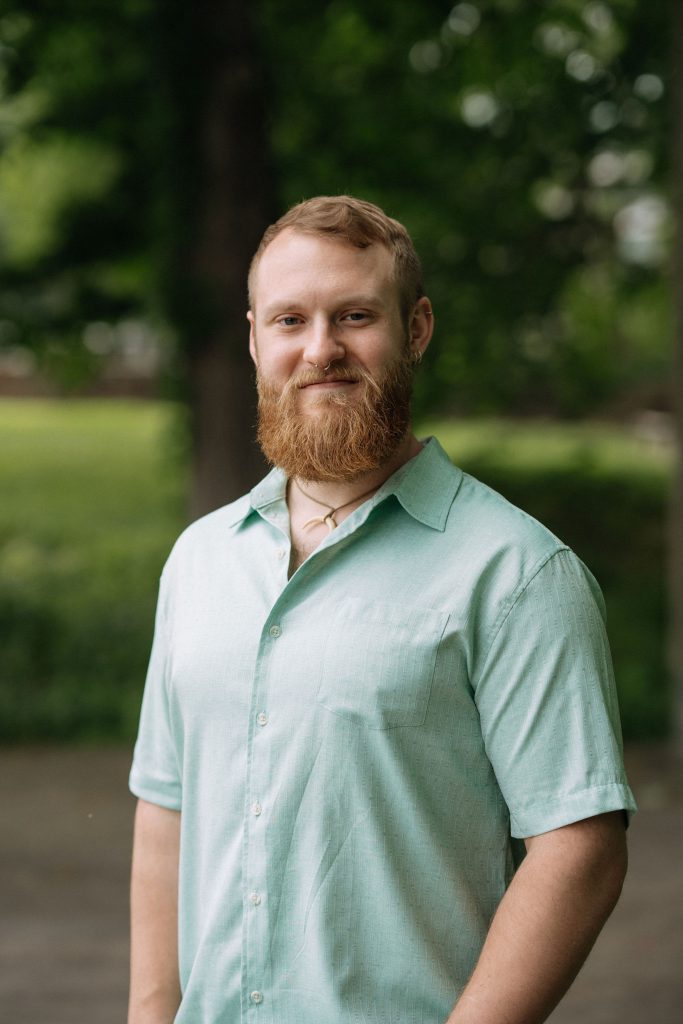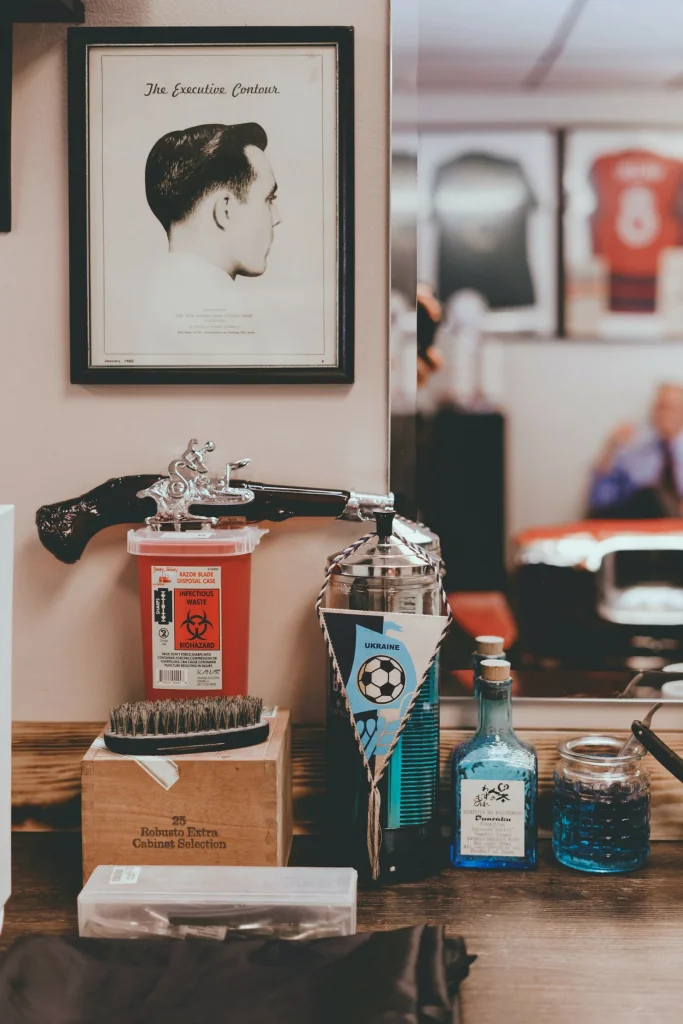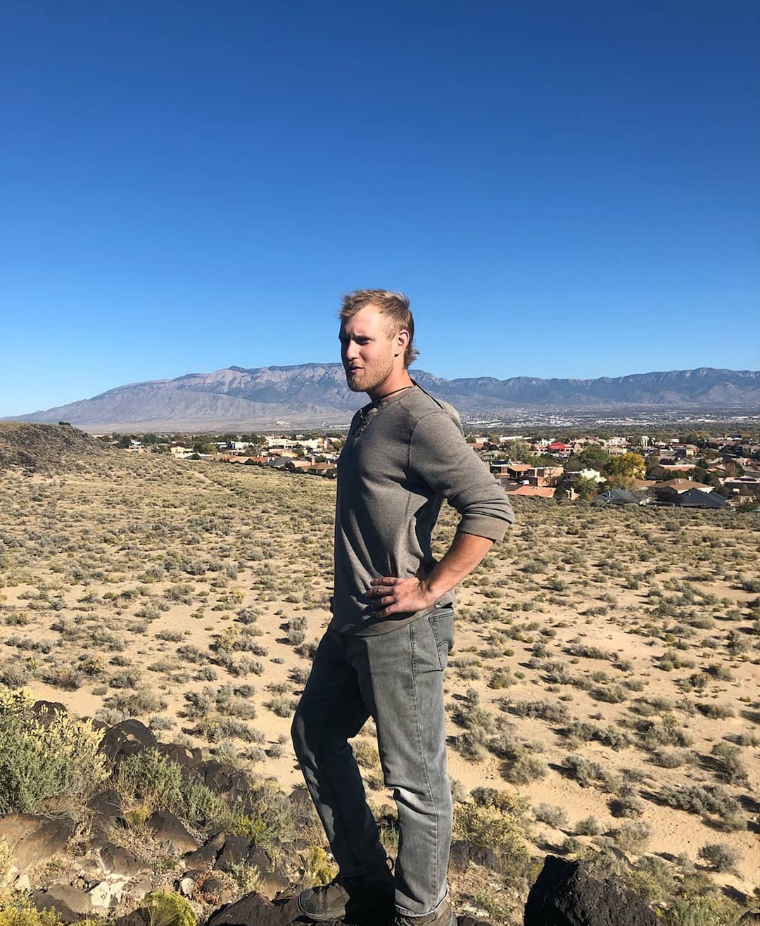During the pandemic, we added a new counselor! Soaring Heart Counseling is thrilled to welcome a new member to our team, Dan Bowes! Recently we spent some time getting to know him with some questions that many counseling clients wonder but may not think to ask.
Getting to Know Dan Bowes, NCC, LMHCA!

Not immediately, no – I came into college as a chemical engineer! Then I discovered philosophy and did that for a while, and then I was on a pre-med track, and I did psychology as a minor, and then I was like oh hey, psychology, let’s do that instead! I was always interested in helping fields, and I have a good friend who came from a family of social workers and counselors so he knew the field and said I should check it out based on how I interacted with our friends. I had a lot of other random jobs through college and grad school, but this is the only thing I’ve done since then.
Why did you choose to be a Counselor rather than a Psychiatrist or Social Worker or some other title?
It was what I wanted the most. It was a quicker path to clinical work, and I liked the emphasis on talk therapy, which seemed to be the model for how I interacted with other people already, you know – that really personal, one on one relationship, that’s informed by interaction with one person to another.
How He Works
What do you love about your work? What keeps you energized despite all the demands of the role?
I think it’s such a privilege to be involved in human lives in that way, and to really be able to label these very human processes that we all go through and have a system for organizing that. I just get kind of a thrill when those things that I’ve learned click with somebody and allow them to help make sense of their world. Existing in and of itself is a difficult ordeal, and if I can use what I’ve learned to help somebody, it’s kind of thrilling to me.
In your own words, how does talk therapy work? What makes it effective?
It’s really about the relationship – being able to scaffold that as a therapist, creating a container in which this person can experience a relationship that hopefully is a healthy model that fosters a safe place for them to bring whatever it is they bring to the table, I think that’s important. With most of this work, you can throw as many interventions as you want at the problem, but if you don’t have that feeling of connection with somebody, it’s hard for those interventions to land and to actually make positive change where you want them to.
Diversity & Inspiration
What does “sex positive” mean to you? Queer affirming? Trauma-informed?
I just think that you should let everybody decide who they are and accept them for that, you know, nobody knows themselves better than themselves. I don’t know why we wouldn’t accept who they are and what they have to offer, it just seems like common sense. But I know that’s not how our society as a whole works. I think it’s important to understand that my experiences might be wildly different than somebody else’s, so that lends itself to really trying to push the boundaries of humility and acceptance and never making assumptions about how somebody else might feel about something else.
Similarly with trauma, you never know what somebody’s really been through until they tell you, and even then you can’t fully understand it, you didn’t go through it. It’s just about being aware that there may be things that you’ll never really get and the reactions that this person may have that you won’t understand but you should be there to accept it, and that some types of therapy can trigger that stuff, and being able to roll with that and back off and give the person the respect that they deserve to let them process. A part of that is there’s such a physical component to trauma too and these reactions are so visceral, and just being aware that these reactions are beyond cognitive. Oftentimes it’s hard to know what’s going on when someone has a trauma reaction and you need to give people the grace and the space and time to work through it.

What experiences have influenced the way you think about diverse populations?
My whole experience before this is working in a community-based mental health agency in the south and west sides of Chicago. So the one on the south side, it was predominantly more Black communities, but I also worked with some Latin Kings members, which is a gang down there. I also worked with several trans and non-hetero individuals there, which really informed a broader sense of masculinity in me, because I got to see those differences compared to other cultures, and ideas of masculinity other than my own. That’s one of my passions, working with men and exploring what that means in a healthy way.
That’s also where my trauma background comes into it too, working in the crises, lots of suicidality, community violence, lots of homelessness, that’s all part of it.
Who He Admires
Among different experts, counselors and historical figures in mental health, who do you admire and why?
When I think about this, I immediately think of my past professors, colleagues, and mentors, because I knew them and got to learn a lot from them. I think that has had the greatest impact on how I work.
As for names of people that are famous in the field, I like Carl Jung, Stan Grof, Esther Perel, as well as Gabor Maté, who’s very influential in harm reduction practices and substance use treatment. Francoise Bourzat is one of my new favorite ones – she is a psychedelic counselor out of California who bridges that gap between indigenous healing practices and our western mental health model. Dan Siegel is a psychiatrist who pioneered mindfulness-based practices and developed interpersonal neurobiology – as an undergrad I did a lot of work related to Jon Kabat-Zin’s stuff – and he founded the Center for Mindfulness at University of Massachusetts Medical School. Irving Yalom’s existential therapy approaches are also wonderful. There’s a lot!
FAQ
I guess I connect most with people who are creative, who have some kind of outlet like that, who are willing to think about their consciousness in a way that acknowledges our error of perception we have as humans. That sense of awareness and looking beyond regular human interactions to express themselves. I find that fascinating, you can really use that as a tool in therapy with them.
What would you want your clients to know before working with you, or ways to prepare for a session with you?
I would say the opposite. I would say there’s no need to prepare, just come as you are. It’s fine. We’re all just doing our best out here, it’s hard! And the last thing I want in our therapy relationship is where I evaluate you or judge you in any way.
Do you tend to see people for long-term or shorter-term therapy?
I think it’s an ethical obligation to not keep anybody in therapy longer than they have to be. It’s a model for our other relationships in life – you know, most of our relationships are going to end at some point, so the better we can sort of facilitate that transition and lean into it, I think the better. But how long that takes depends on the individual.
How do you feel about medication?
I have a background in community mental health, and we had a lot of people who are on lots of medications, so I certainly have mixed feelings about it. I’ve seen it go well, anecdotally it can work. They can really help people get from point A to point B, if doing that with therapy alone is too difficult or too much, but I think there’s so much we don’t know about the brain yet. Any psychiatrist who thinks we know a lot about the brain, I don’t think is really helping in a way that they think they are, or trying to help. So the feelings are mixed, but I see the purpose, certainly.
Do you approach therapy from a religious standpoint?
No, I’m not going to bring a part of myself or my own beliefs to a client – I do not operate a faith-based model unless it’s what the person operates as, and then we’ll look at that and see whether that’s helping them.
Does your work in therapy tend to be more focused on the past or the present?
Historically, the grad program I went to was mainly a psychodynamic program, which is a modality that focuses on the past quite a bit – on attachments and how we formed relationships with the caregiving objects or people in our lives. That’s where my formal training lies initially. So I have that underlying thing, but as I’ve gone on as a therapist, I’ve really embraced more immediate models like humanistic and feminist approaches, as well as narrative and existential work, which focuses on the here and now and how things are happening. You work with things as they come up in session. So I wish I could give you a solid answer to that. I think I will start with working with the present with most people, and then on days when they are more stable and we have some things locked down that have been immediately bothering them, I will get into the past and see how they actually react.
Getting to know him
What are some personal strengths that you bring into your practice?
I’ve found that I do have a strong physical intuition. I worked over the years to really be aware of what’s happening in my body, and when I feel things that correlate to a certain feeling, that usually makes sense to what the client’s experiencing. Like I’ll feel generally what they’re feeling, and then be able to act on that. So I do have a sort of intuitive way of working with clients while also keeping my own boundaries around that.
I think I’m also really eclectic as far as bridging spirituality with raw science, so I can work on all fronts and in between, because honestly, I think that they’re all part of the same spectrum, and so I try to bring many modalities about that. So I can work with raw psycho-education like, “okay, here’s what’s happened in your body for trauma, here’s what’s happening in your brain,” to the more spiritual side where you can access and be more than ourselves.
What is more important or useful to you: honesty or kindness?
I would say kindness. I think that’s part of respecting people’s journey and giving them the space to make their own transformation. If they’re not ready to hear something, it’s going to fall on deaf ears, it’s not going to land. They’ll say no I’m not like that, why are you saying that… and then you know, two years down the road or however long they’ll say you know, I am this way.

Final Thoughts
Anything else you’d like the Soaring Heart community to know about you, or any final thoughts?
I think that with therapy, it’s really easy to feel like there’s something “wrong” with us, and our society does a lot to make us believe that. But I believe that while sure, there may be parts that aren’t working very well right now that we can work on, there is nothing inherently wrong with who you are. That’s what I would tell people.
And if you’d like to start therapy with Dan, reach out and ask for him now!
